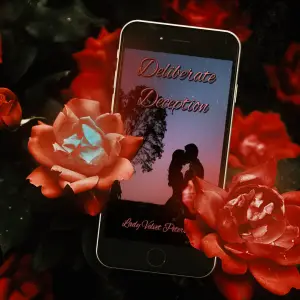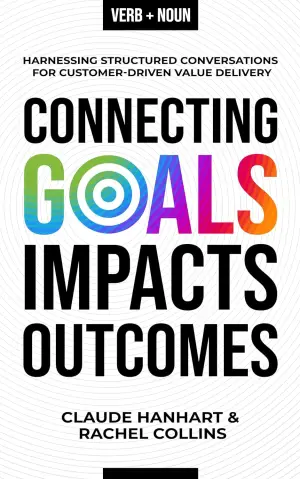I recently finished reading Communicate Your Feelings (Without Starting a Fight), a title that intrigued me as someone who is deeply invested in exploring the dynamics of relationships and effective communication. Having a penchant for self-help books, particularly those that focus on personal relationships, I was eager to dive into this one, especially after noticing the promise of learning how to express and receive feelings constructively.
From the outset, the book’s premise resonated with me. The analogy of being in a relationship without effective communication skills being akin to jumping into a pool without knowing how to swim was particularly striking. It’s a vivid reminder that communication is indeed a skill—one that can be learned and enhanced over time.
The book expertly outlines strategies to avoid escalating conflicts, which I found to be especially useful. Many readers have noted this positive aspect, and I wholeheartedly agree. The techniques provided offer practical steps to enrich discussions with partners. I appreciated the idea of creating a safe space for conversations, a sentiment echoed throughout the pages. This guidance helped shift my approach to conflict resolution, making it feel less daunting and more proactive.
Another positive that I can affirm is the variety of communication techniques presented—13, to be exact. These techniques not only clarify how to express one’s feelings but also emphasize the importance of actively listening to your partner. I found these insights invaluable, as they encouraged me to consider my partner’s perspective more deeply. The structured approach made the material digestible, allowing me to implement changes gradually in my own interactions.
However, I did encounter a couple of drawbacks that are worth mentioning. Some readers have pointed out that the writing style can feel overly simplistic at times. I can understand this perspective, as certain sections appeared to repeat ideas without diving deeper into the examples or scenarios. While straightforward language is beneficial for comprehension, I wished for a bit more complexity or nuance in certain areas.
Another drawback I noted is that while the techniques offered are plentiful, the book sometimes lacks real-life anecdotes. Readers often find stories relatable and inspiring; the absence of such narratives can make it harder to see how these methods play out in everyday situations. A more engaging storytelling component would have complemented the instructional aspects wonderfully, making the lessons more memorable.
Overall, Communicate Your Feelings (Without Starting a Fight) met my expectations based on its description. The promise of learning to navigate feelings constructively was fulfilled, and I found myself leaving the experience with practical tools to foster deeper connections with my partner. The book serves as an effective starting point for anyone looking to improve their communication skills within their relationships.
In conclusion, I would recommend this book to anyone who feels like their discussions with their partner often lead to conflict rather than understanding. Its straightforward approach, coupled with actionable strategies, makes it a helpful resource for those seeking to strengthen their relationship. While it has its minor drawbacks, the overall benefits certainly outweigh them, earning this book a well-deserved rating of 4.5 stars. If you’re ready to embark on the journey toward better communication, this title is a solid addition to your reading list!








